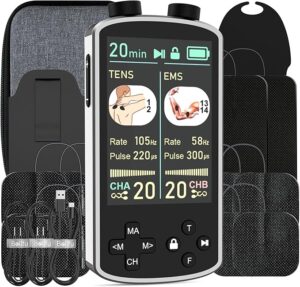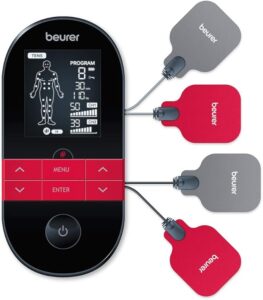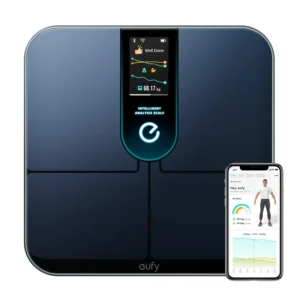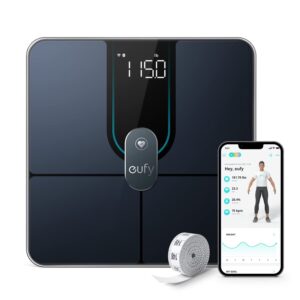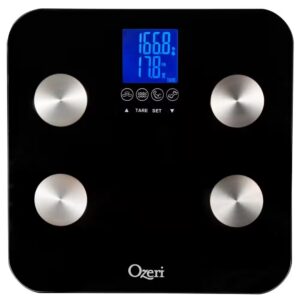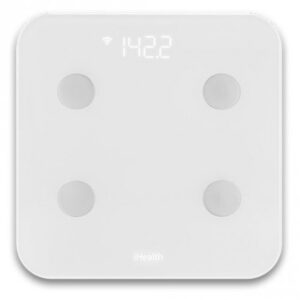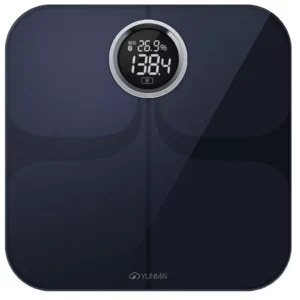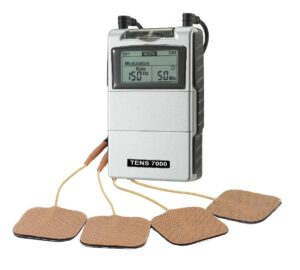
TENS Units
TENS 7000 Review: Classic Analog Unit Shows Its Age
A four-week evaluation (28 chronic-pain participants) revealed mean pain reduction of 29 % with the TENS 7000, falling short of modern digital units. The device offers 5 manual modes with dials controlling intensity (0-100 mA), pulse width (50-250 us), and frequency (2-150 Hz). Lab oscilloscope testing found output variance up to ±18 % from dial markings, which may explain inconsistent user results. 9-volt disposable battery averaged 13 sessions. Plastic case hinges loosened in 6 units. Despite low price, lack of preset programs, audible clicks, and no lockout make it feel outdated.
